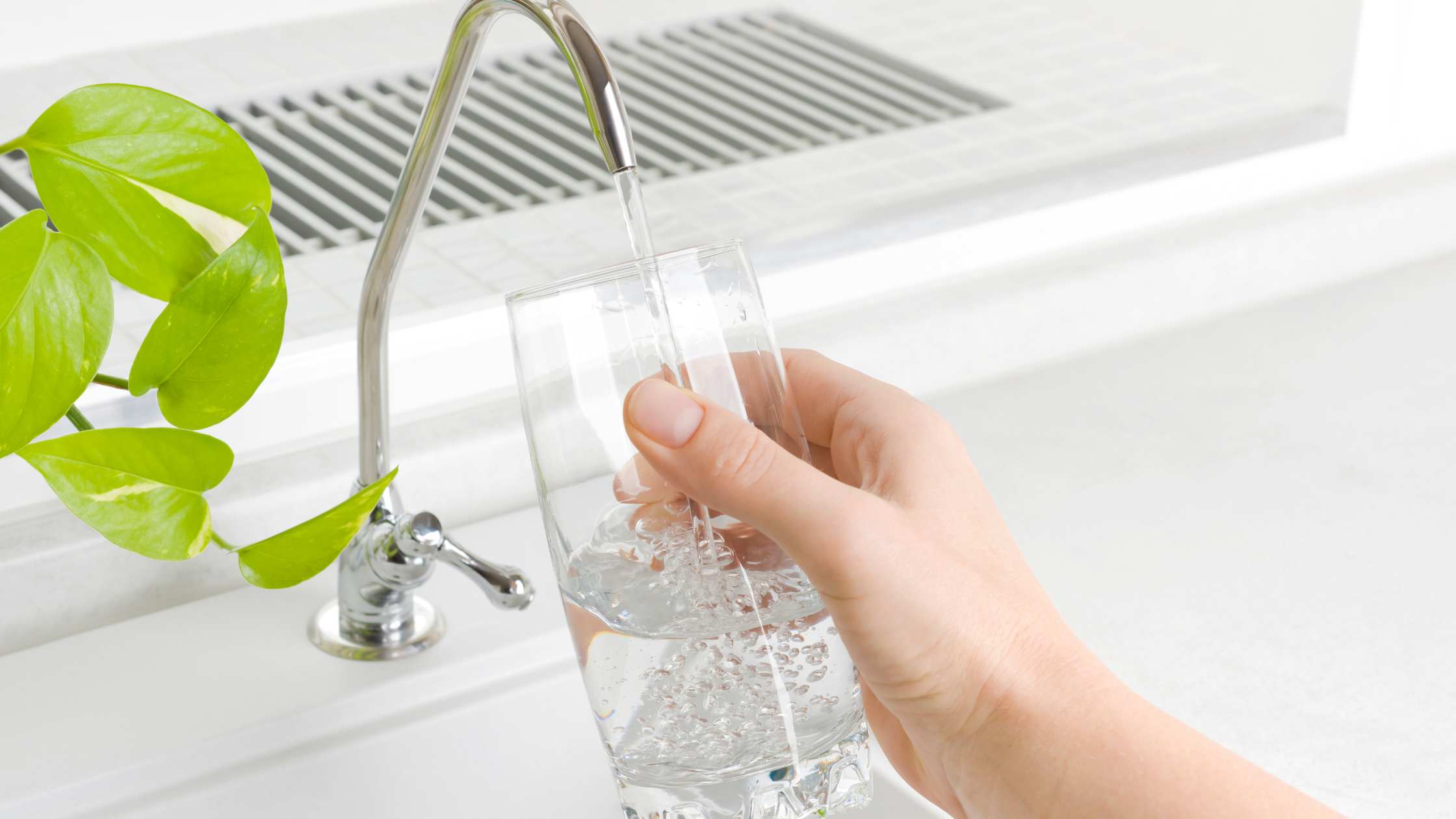As I've been sharing about preparedness, I confess I get some people who are very dismissive and try to make prepper jokes. Last week, I had two people who were very skeptical and wanted to know ALL the reasons why they should consider starting to be more prepared.
No matter where you are on your preparedness journey, I believe it's never too late to start. But I guarantee you that starting after the fact is much more difficult. Here's what I've come up with for good reasons to be more prepared:
Peace of Mind: Knowing you have essential supplies stocked up can reduce stress and anxiety during an emergency or shortfall situation. This makes you more self-reliant.
Supply Chain Disruptions: We all remember the toilet paper situation of 2020. But once it was over, people stopped thinking about it. I encourage you to remember that if it happened once, it can happen again. Stockpiling helps make sure you have access to what you need, especially if transportation is disrupted in some way and the grocery store or general goods store cannot easily restock.
Financial Savings: Buying in bulk and during non-emergency times often saves money in the long run. And it's a hedge against the possibility of price gouging that can happen during shortages or crises.
Food Security: I'm firmly against the bucket of garbage being sold as "emergency food." You want to make sure you have what you need on hand.
Health Emergencies: Having medical supplies on hand can be critical during emergencies, especially if access to healthcare facilities is limited. Plus, basic first aid supplies mean you can take the first steps for needed care if emergency responders are elsewhere or cannot get to you.
Power Outages: Having essentials like batteries, a generator, candles, and alternative light sources helps manage power outages effectively so you have light and possibly power.
Job Loss or Pay Cut: Having supplies on hand can help reduce the impact of job loss or income reduction. You'll have a stockpile that you can use while reducing expenditures.
Shortages Due to Panic Buying: Stockpiling prevents the need to participate in panic buying during emergencies, ensuring equitable distribution of resources.
Barter or Trade: It may seem a bit extreme, but if needed, a stockpile can serve as a resource for barter or trade.
Personalized Needs: Anyone with special dietary requirements, medical conditions, or special needs can ensure their needs are met by stockpiling accordingly.
Seasonal Preparedness: Stockpiling seasonal items makes sure you are ready in the event of weather-related emergencies like storms or extreme temperatures.
Natural Disasters: Being prepared is essential for anyone living in an area that is prone to a natural disaster such as earthquakes, hurricanes, floods, or wildfires.
Whatever your reason for being prepared, it's important to remember that the best time to prepare for an emergency is before there is one. For anyone who wants to learn more, remember that you are always welcome to join The Kitchen Table.




